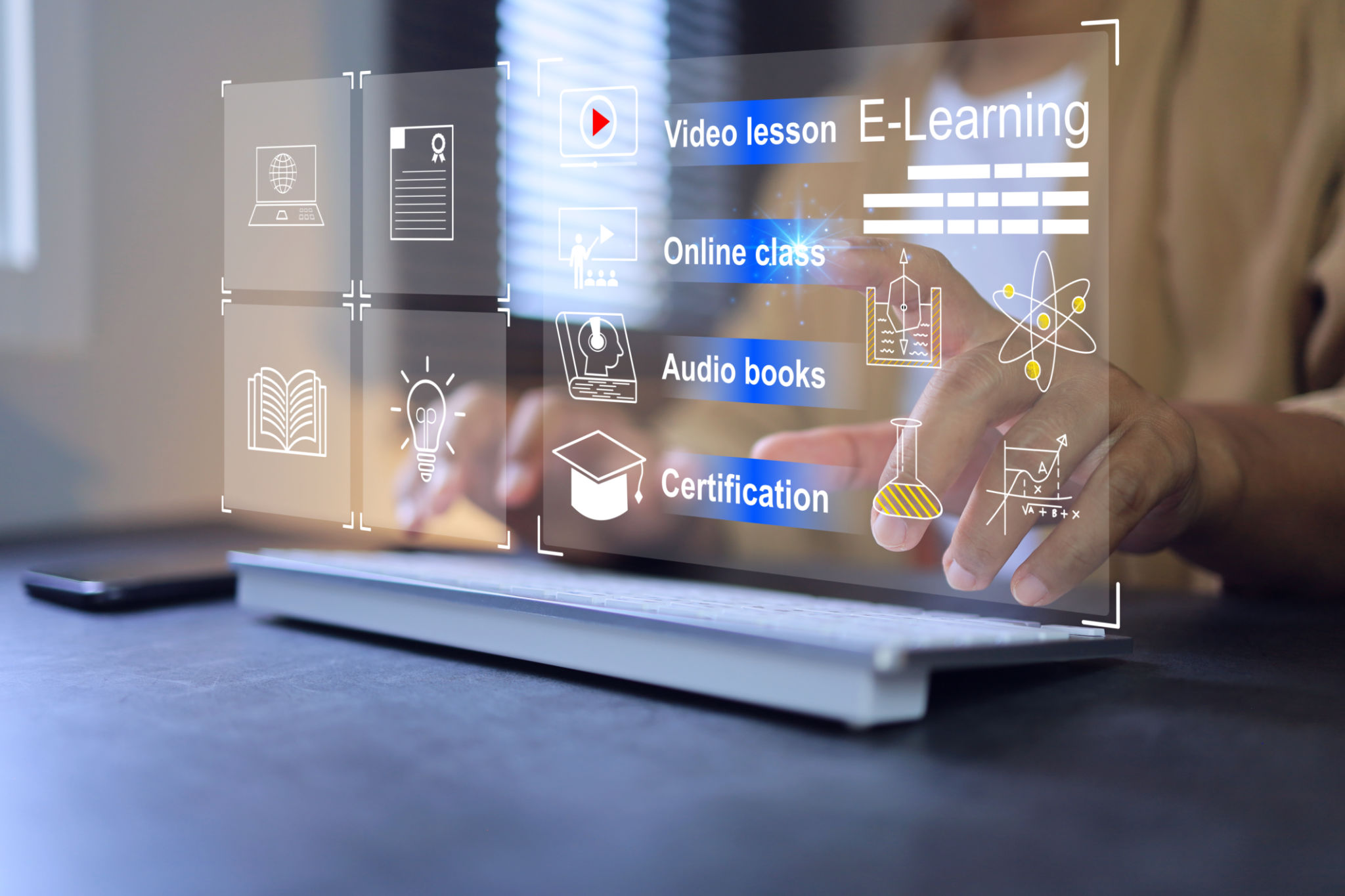The Benefits of Learning Online: Flexibility and Beyond
Flexibility: The Hallmark of Online Learning
In today's fast-paced world, the demand for flexibility in education has never been higher. Online learning meets this demand by allowing students to schedule their studies around their personal and professional lives. This flexibility means that learners can pursue their educational goals without having to sacrifice other important commitments. Whether you're a working professional, a parent, or someone with a busy lifestyle, online learning provides the opportunity to learn at your own pace and on your own schedule.

Moreover, the ability to access course materials anytime and anywhere is a game-changer. Students can log into their courses from the comfort of their homes, during a lunch break at work, or even while traveling. This eliminates the need to commute to a physical location, saving both time and money. The convenience of online learning is one of its most significant advantages, making education accessible to a broader audience.
Beyond Flexibility: Diverse Learning Formats
One of the standout benefits of online learning is the variety of formats available. From video lectures and interactive quizzes to discussion forums and digital textbooks, students have access to a range of resources that cater to different learning styles. This diversity ensures that each student can find the methods that work best for them, enhancing their understanding and retention of the material.
In addition to traditional course content, many online platforms offer supplementary materials such as podcasts, webinars, and virtual labs. These resources provide an enriched learning experience that can deepen students' knowledge and engagement with the subject matter.

Personalized Learning Experiences
Online education platforms often incorporate adaptive learning technologies that personalize the educational experience for each student. By analyzing performance data, these systems can identify areas where a student might struggle and provide additional resources or alternative explanations tailored to their needs. This personalized approach helps ensure that students receive the support they need to succeed.
Furthermore, students have the ability to learn at their own pace. If a concept is challenging, they can spend extra time reviewing it without feeling rushed. Conversely, if they grasp a topic quickly, they can move on without being held back by the rest of the class. This self-paced learning model empowers students to take control of their education.

Global Networking Opportunities
Online learning transcends geographical boundaries, bringing together students from all over the world. This creates unique networking opportunities that are not typically available in traditional classroom settings. Learners can interact with peers from diverse backgrounds, offering new perspectives and insights that enrich their educational experience.
Furthermore, many online courses are taught by instructors who are experts in their fields, often from prestigious institutions worldwide. Students have the chance to learn from these industry leaders and connect with a global community of learners and professionals.
Cost-Effectiveness of Online Learning
Another compelling advantage of online education is its cost-effectiveness. Without the need for physical infrastructure and materials, online courses are often more affordable than traditional classroom-based counterparts. Additionally, students save on commuting costs and may have access to digital textbooks and resources at reduced prices or for free.
This affordability makes online learning an attractive option for many individuals seeking quality education without the burden of substantial financial investment. As more institutions recognize the value of online education, the availability and quality of courses continue to grow.
